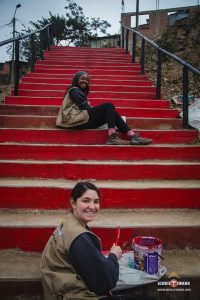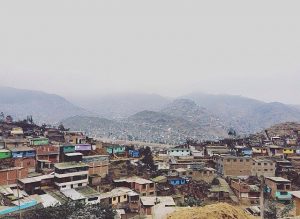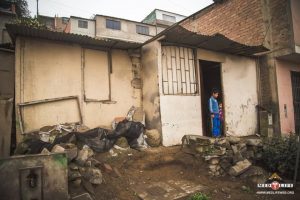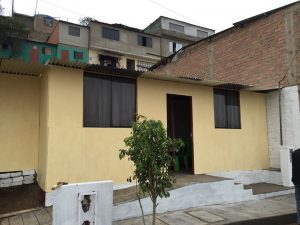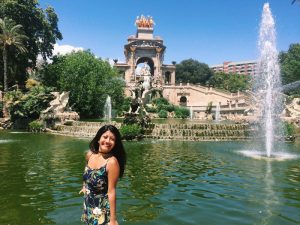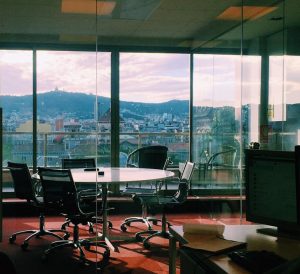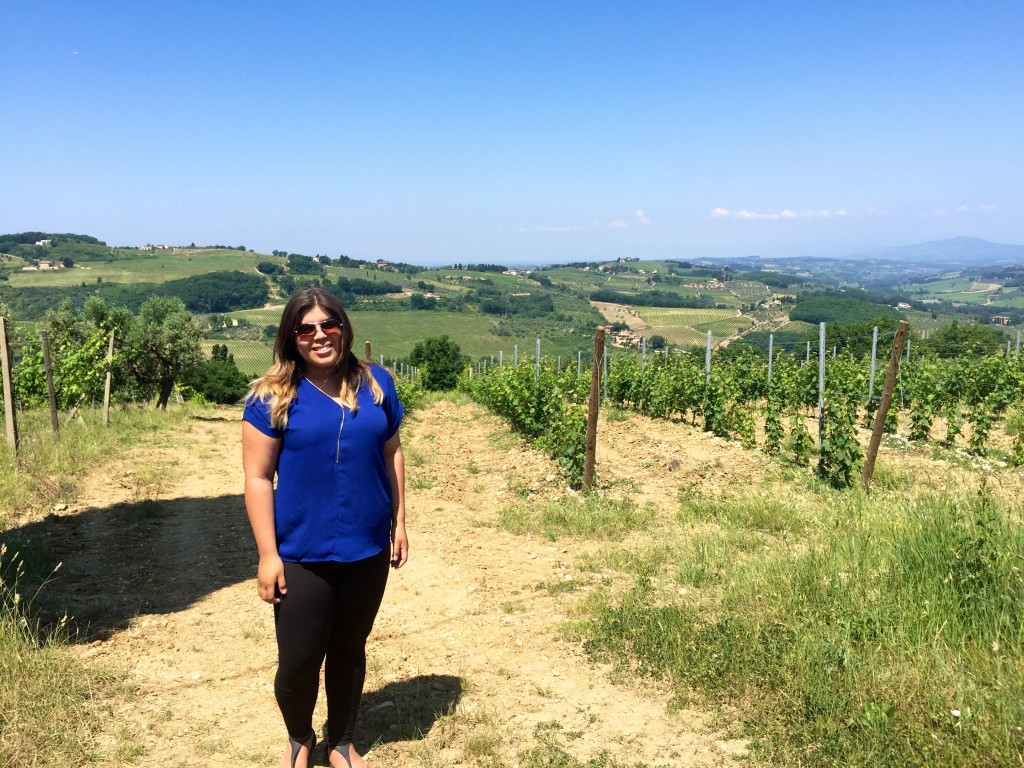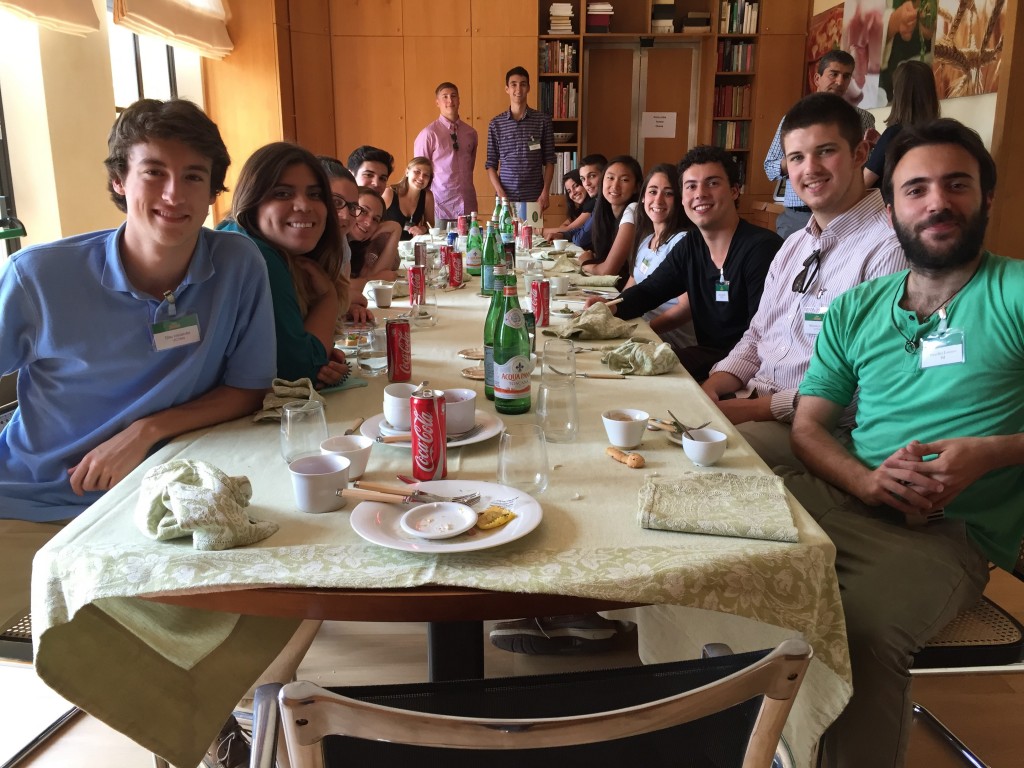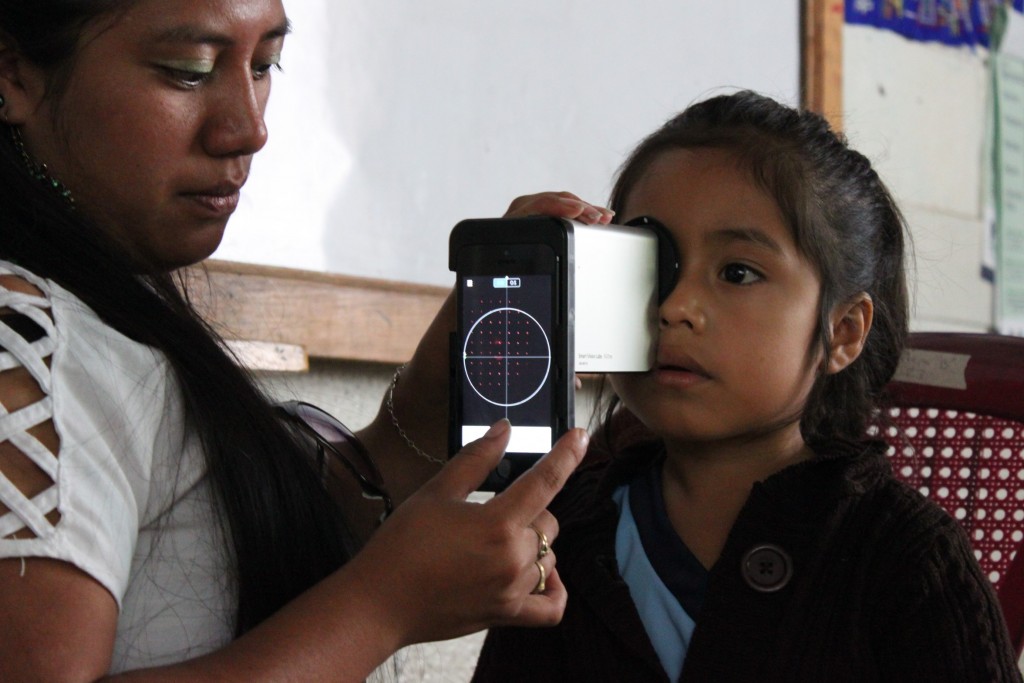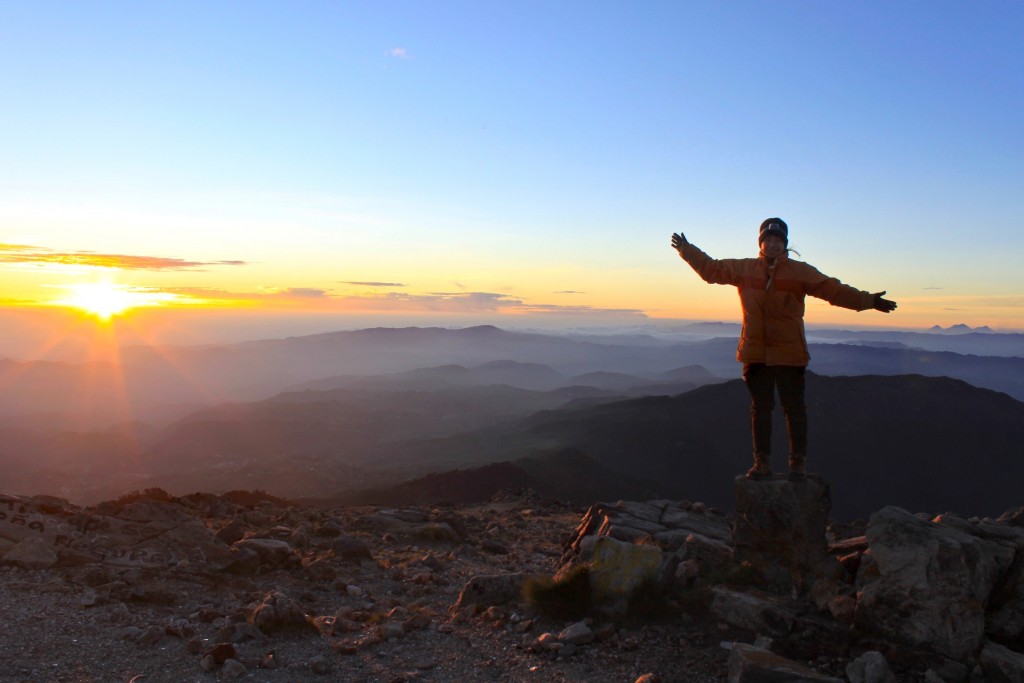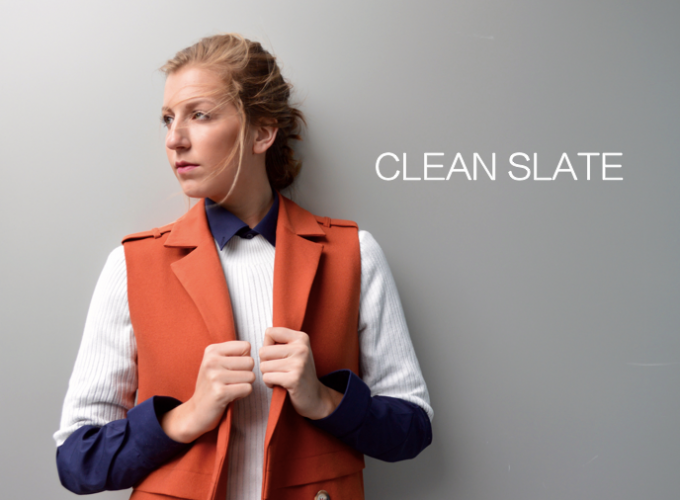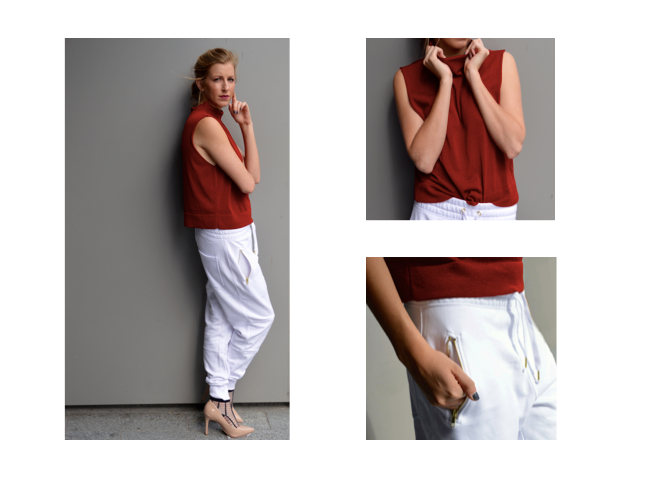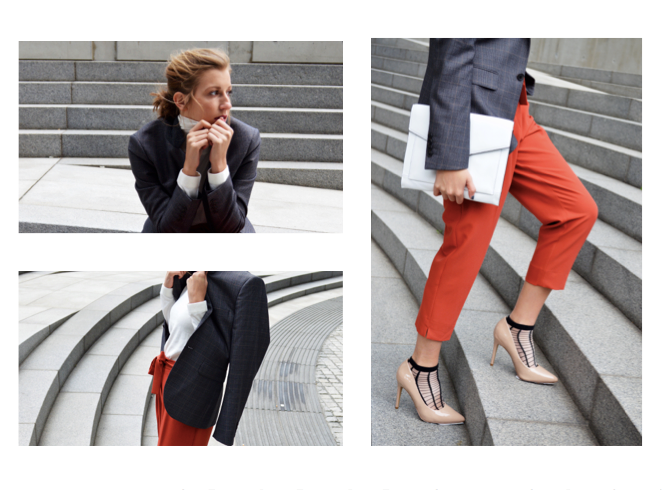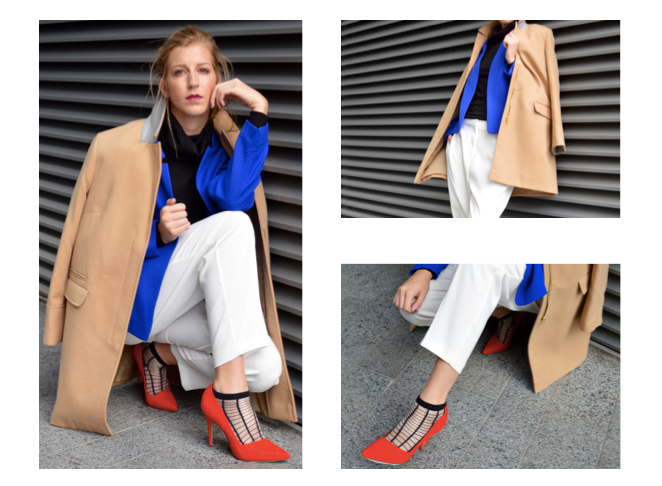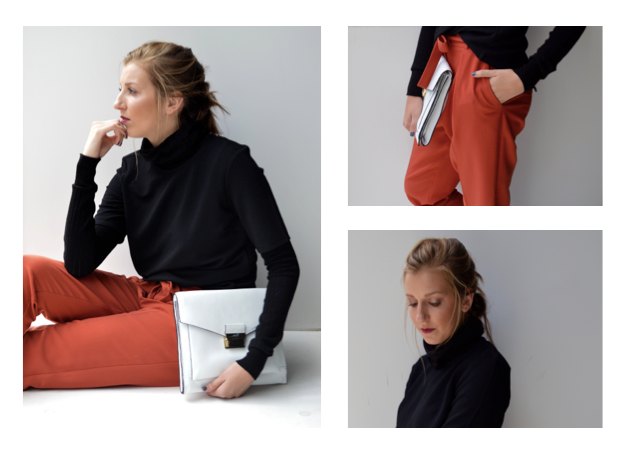I’m a senior majoring in Digital User Behavior. What’s that you ask? Digital User Behavior combines two of my passions: understanding human behavior (psychology) and web design (visual communication and digital media design). I’m interested in the field of Usability Research, which tests software products with users to see whether they are usable and how they can be improved to better meet users’ needs and requirements.
This summer I was a User Experience Intern with Tyler Technologies, a company that develops software solutions for the public sector (municipal governments, schools, and utilities). Through networking with another IMJR at UConn (now graduated), a Human Resources representative at Tyler actually found me on LinkedIn based on my university and stated interests.
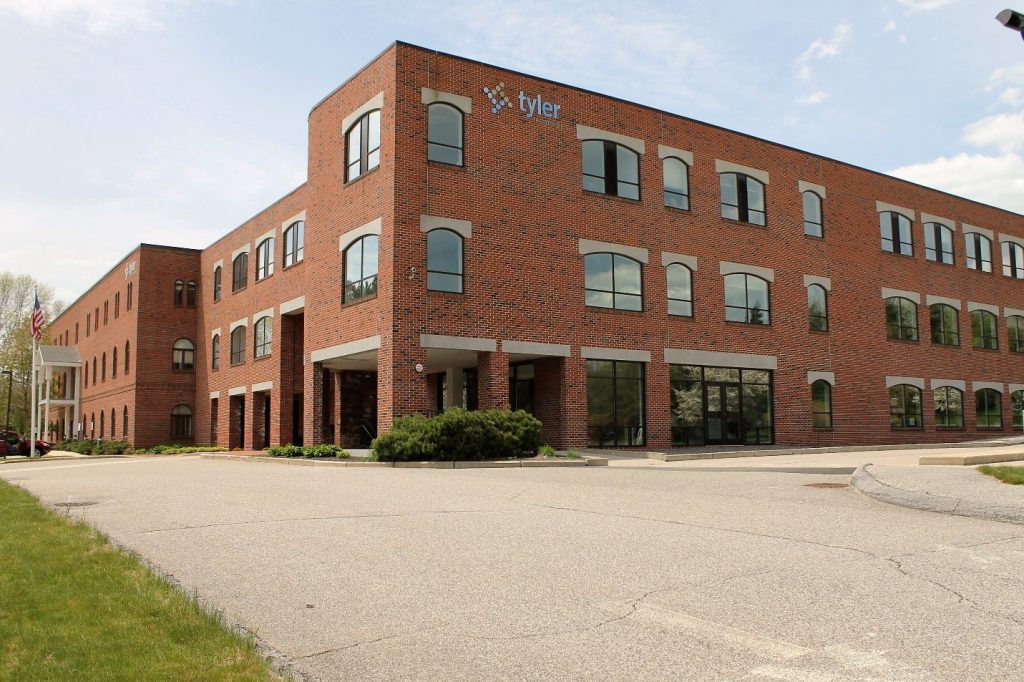
My major uniquely prepared me for this opportunity. Through the psychology and communication portions of my IMJR, I learned about the drivers of human behavior, how habits are formed, common mental shortcuts, paths to persuasion and how people perceive visual information. Additionally, I learned to design and analyze participant studies as well as conduct research in the Judgment and Decision Making lab on campus. I applied these skills to usability testing in the lab, which involves testing new and existing products with users to see how they can be improved.
I took what I learned from my observations to conduct my own usability tests on products throughout the summer at Tyler, both internally with employees and externally with clients. We tracked the number of user clicks, task completion rates, and overall user impressions. I created my own prototypes using clickable mockups or interactive demos created using the code I’d learned in my web design class. I also worked on designing new screens for two existing programs, giving them an updated look and making them easier to use. Finally, a colleague and I conducted ethnographic research with clients, in the form of unstructured interviews, which looks specifically at user goals instead of product features.
The internship this summer taught me three key lessons. The first is the importance of asking for help. As an intern, I wanted to look competent and prove to my colleagues I could do the tasks on my own. Further, I didn’t want to annoy my new colleagues with questions. I was working on a specific project in Javascript, attempting to recreate an app a fellow developer had created. I spent about three days on this before finally caving and asking him for help. In just an hour, he explained to me his app, his thinking, and how to adapt it for my purposes. I learned more from him in that hour than I could have in my own struggling. As I began to ask colleagues for help, I came to understand the importance of other ideas and perspectives. Often others can pick up on things you may never notice. Second, I learned that you don’t know what you don’t know. I found that in early kickoff meetings, I felt confident that I had a handle on the design issue at hand and it wasn’t until conversations with clients, developers, and colleagues that I began to uncover the layers inherent to the problem. I’ve learned that when I feel confident, I should keep digging in to the problem. Finally, I’ve learned that learning doesn’t stop at school. At a technology company like Tyler, we are always learning new updates, methods, and technologies. I’ve seen that the difference between successful and unsuccessful programmers seems to be adaptability and excitement to learn; without these key traits it can be easy to be frustrated by the changes inherent in this type of work.
I’m excited to take what I’ve learned this summer and apply it to my next projects this semester – working on my thesis, working in the UITS Web Development lab, and working as the Digital Communications Director for Community Outreach.
by Emily Roller
IMJR: Digital User Behavior
